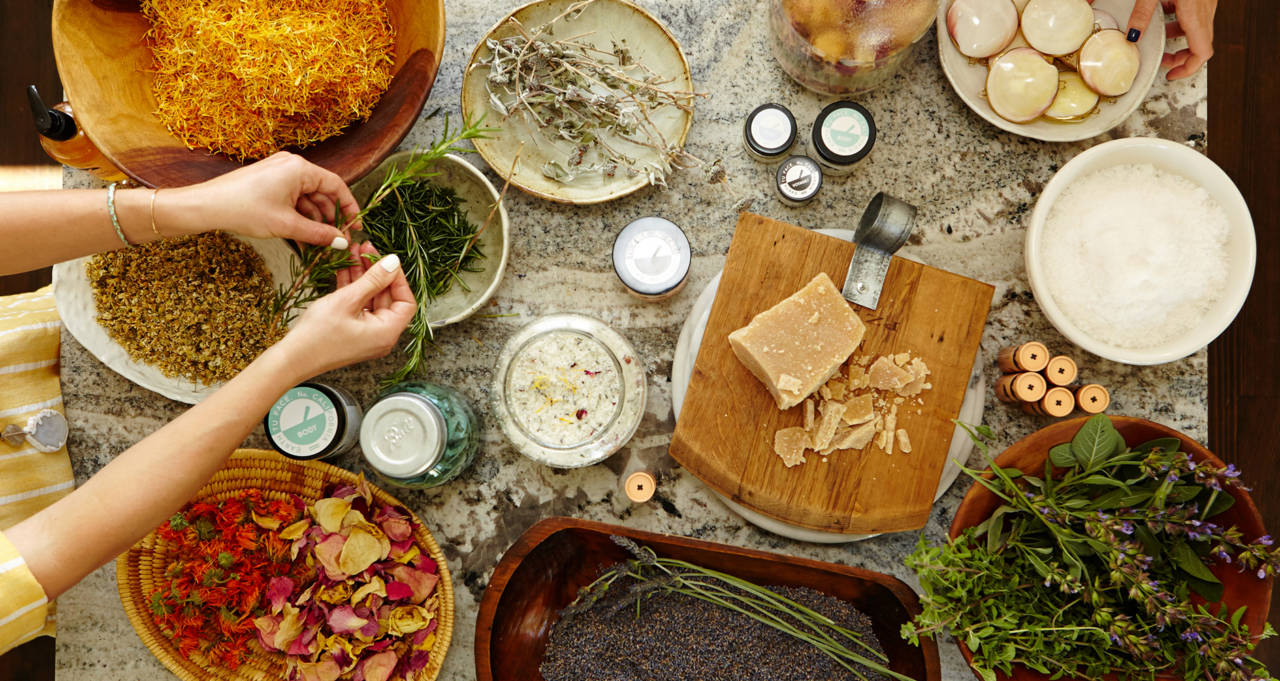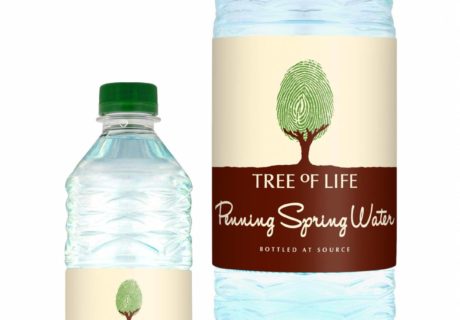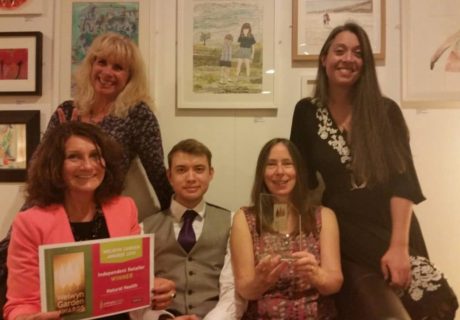In a SONAR survey conducted for a new report by The Innovation Group, 46% of UK millennials say that they use food ingredients to make homemade beauty treatments because they are more natural than products they can find in stores.
The New Natural report includes insights from a survey of 1,000 US and UK consumers and explores the cultural drivers and trends behind the rising demand for natural products beyond food.
“Natural trends that once would have remained confined to the specialty food sector are now rapidly scaling up to the mass market, and are having an immediate impact on beauty, apparel and even architecture,” says Lucie Greene, worldwide director of the Innovation Group. “What began as a philosophy in food is now infiltrating virtually every lifestyle category. Natural products are no longer seen as niche alternatives, but are aspirational. We’re seeing a renaissance of new products that meet this demand, and consumers are willing to pay accordingly.”
The report flags up the concept of a me-cosystem — “a new holistic approach to beauty that views what is applied externally and what is ingested as part of a total package of wellness” which is driving the trend for food ingredients as nutrition for the skin. The survey found that 82% of respondents in both the US and the UK say what you put into your body has a greater effect on beauty than what you put on your skin.
New Natural also found that the rapid expansion of natural beauty is spurring consumer skepticism, with 69% of consumers saying they don’t believe products labelled ‘natural’ are truly natural.
The key beauty trends revealed in the report include: the connection between health and bacteria both inside and outside the body; a rising interest in the health benefits of fermented foods leading to a wave of edible and topical product launches; edible and biodegradable packaging; natural beauty launches using the language and processes of laboratory science to support efficacy claims; and consumer expectation of more information about sourcing and provenance spilling over into beauty.






